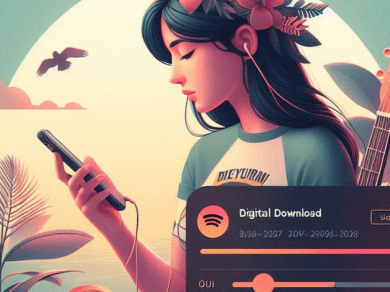Comedy in Entertainment: Analyzing Humor’s Role in Pop Culture

Laughter is a universal language that transcends cultural boundaries and connects people through shared experiences. In the realm of entertainment, comedy plays a pivotal role in shaping pop culture and influencing societal norms. This article delves into the significance of humor in entertainment and its impact on our lives.
The Power of Laughter: Comedy has the unique ability to address serious issues in a lighthearted manner, making it easier for audiences to confront uncomfortable truths. It acts as a mirror to society, reflecting its quirks, contradictions, and absurdities.
Types of Comedy: From slapstick to satire, there are various comedic styles that cater to diverse tastes. Slapstick relies on physical humor, while satire cleverly critiques societal flaws. Understanding these styles helps us appreciate the nuances of comedic content.
Cultural and Social Commentary: Comedy often serves as a vessel for social commentary, allowing comedians and creators to shed light on pressing issues. Through humor, they challenge norms, question authority, and prompt meaningful discussions.
Breaking Stereotypes: Comedy has the potential to challenge stereotypes and reshape perceptions. When characters in comedies defy conventional norms, it encourages viewers to rethink their preconceived notions.
Escapism and Stress Relief: In a world filled with stressors, comedy provides an escape. It offers a temporary reprieve from life’s challenges and boosts our mental well-being by triggering laughter-induced endorphin releases.
The Digital Age of Comedy: The internet has revolutionized comedy, democratizing the medium and allowing aspiring comedians to reach global audiences through platforms like YouTube and social media.
Impact on Language and Communication: Comedy influences language evolution, introducing new phrases, slang, and inside jokes into our vernacular. It fosters a sense of shared identity among those who understand these linguistic subtleties.
Comedy as a Social Bonding Tool: Sharing a laugh with others creates a sense of camaraderie and strengthens social bonds. It’s no surprise that people often turn to comedic content when seeking connections.
Navigating Sensitivity: While comedy can be a force for positive change, it’s important to recognize that humor is subjective and can be interpreted differently by various audiences. Sensitivity and respect for diverse perspectives are essential.
Conclusion: Comedy is a powerful tool that shapes the way we view the world and each other. Whether it’s challenging the status quo, offering stress relief, or fostering connections, humor’s role in entertainment and pop culture is undeniably transformative.

